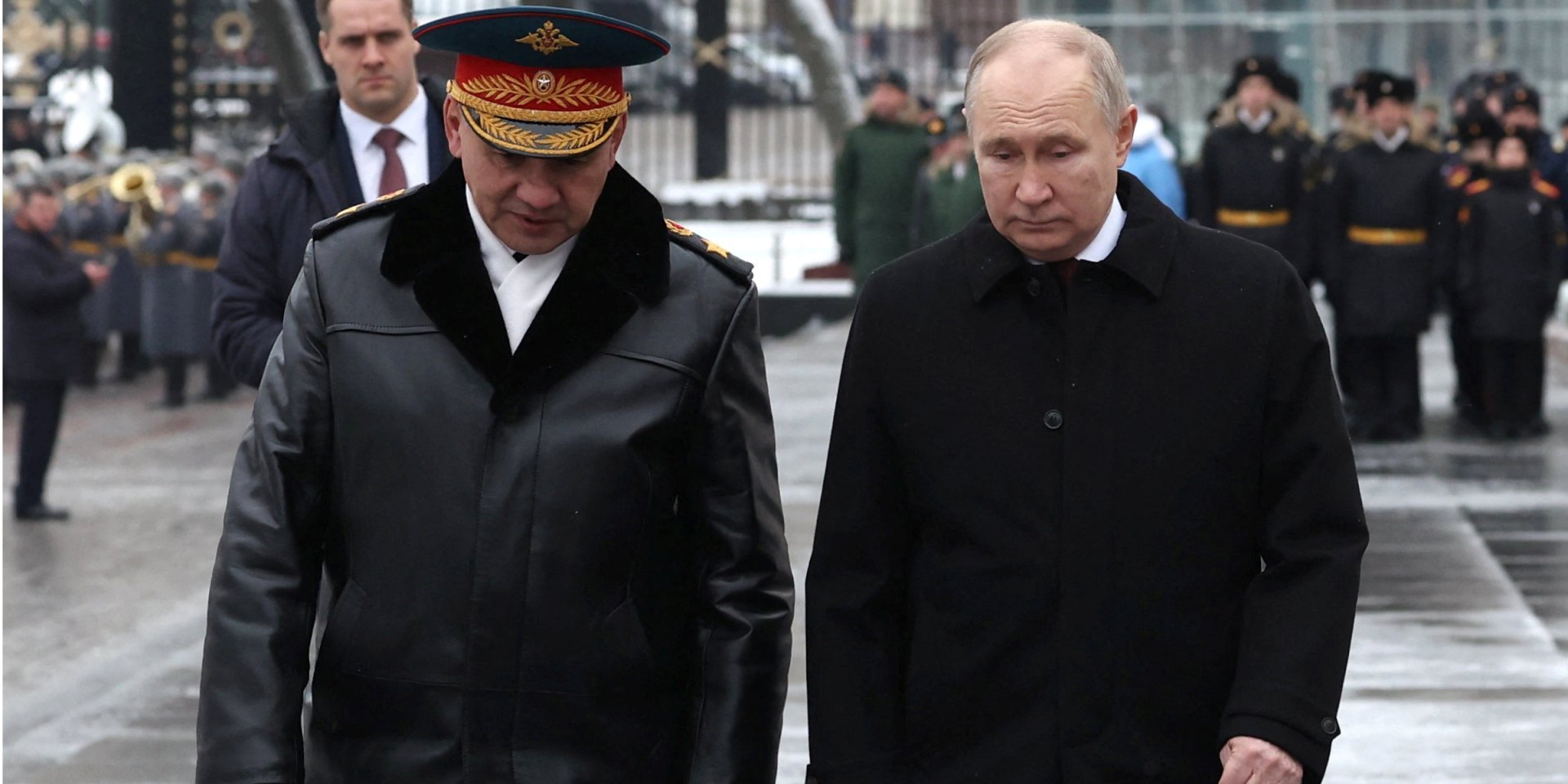From the very beginning of Russia’s full-scale invasion of Ukraine, experts have noted a number of patterns that often did not reflect the expectations of the Russian military-political establishment. So what are these miscalculations?
The reasons lie in political, social, and military dimensions. Let’s focus on the military issues.
First: Underestimation of the enemy
The commanders of the Russian army did not expect such resistance from Ukrainians. Real plans relied on the absence of public perception of the new power, or at least the quick capitulation of large cities. It was a very unpleasant surprise that the blitzkrieg turned into a protracted war for which no one was prepared. Russia was not only stopped, but a lot of territories were reclaimed.
Even in the conquered territories, the population continued to resist, which required and still requires additional resources to maintain control here.
Second: Ill-conceived logistics
This problem resulted in disruptions in the supply of food, fuel, and ammunition to the Russian troops. Specialists call this the biggest failure in the planning of the Russian high command. By the way, this problem is persistent for them: it is observed historically, starting from the Crimean and Russo-Japanese wars to present.
For example, NATO allocates significant funds for logistics organization, there are special regulated documents and requirements for this.
Third: Artificial and ordinary intellect
Ukraine has deployed a very high level of digital technology. Now every unit has a software engineer, and leading corporations supply the Ukrainian army with advanced technology. At the same time, international sanctions prevented the latest innovations from reaching Russia, and progress has always been the driving force of victory.
Fourth: Disciplinary problems
In the Russian forces, from the early days of the war, a high level of discipline, poor training, low motivation, and unsatisfactory morale were detected among soldiers. Ukraine also deepened these aspects with the help of international support and information warfare. All this became one of the reasons that allowed the return of significant territories under Ukraine’s control.
Fifth: Strategic and tactical errors
Outdated tactics and ineffective local command led to the need to reassess the strategy. But all this took too much time, and time in the war is the main weapon. Therefore, the Russian campaign, referred to as SCO, was unsuccessful despite the incredible numerical superiority and advantage in equipment.


